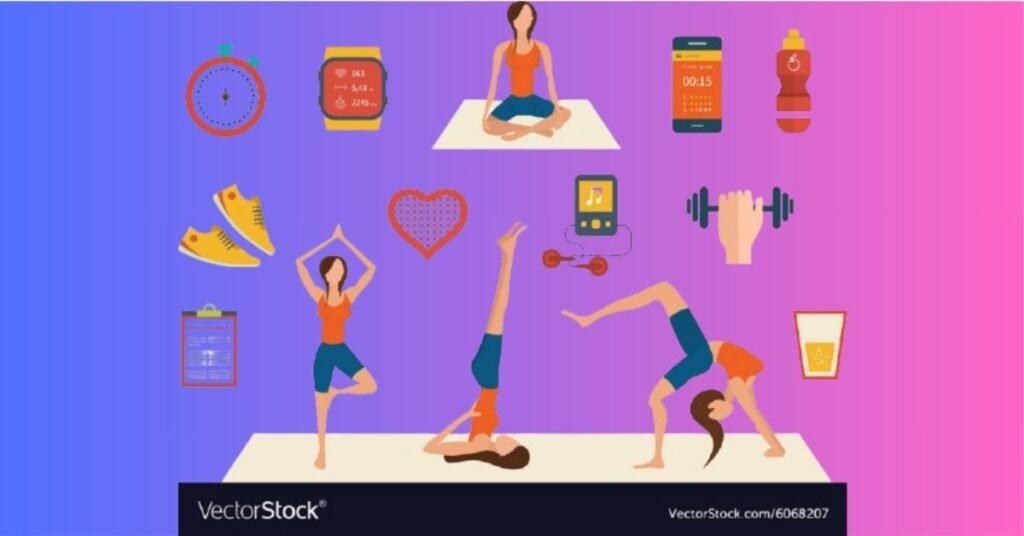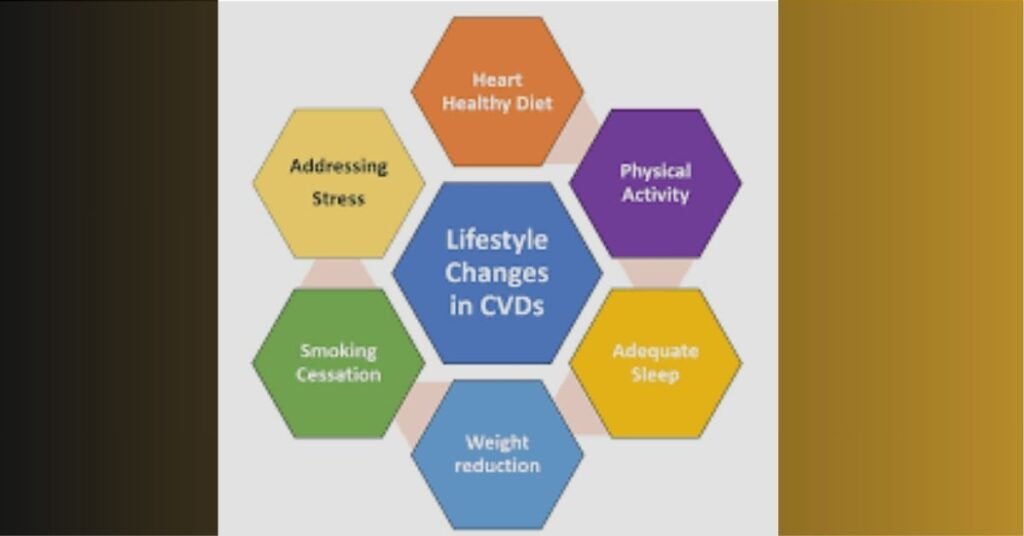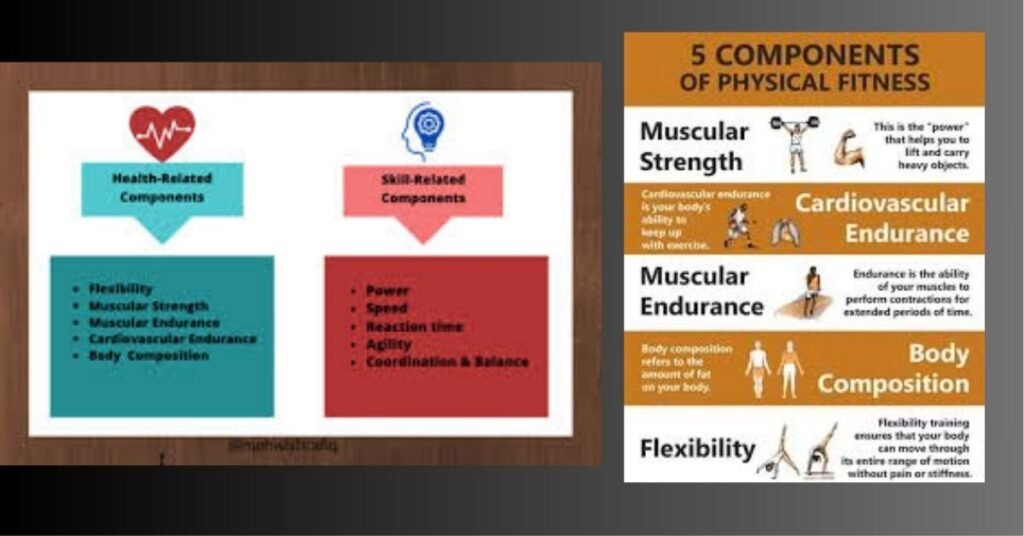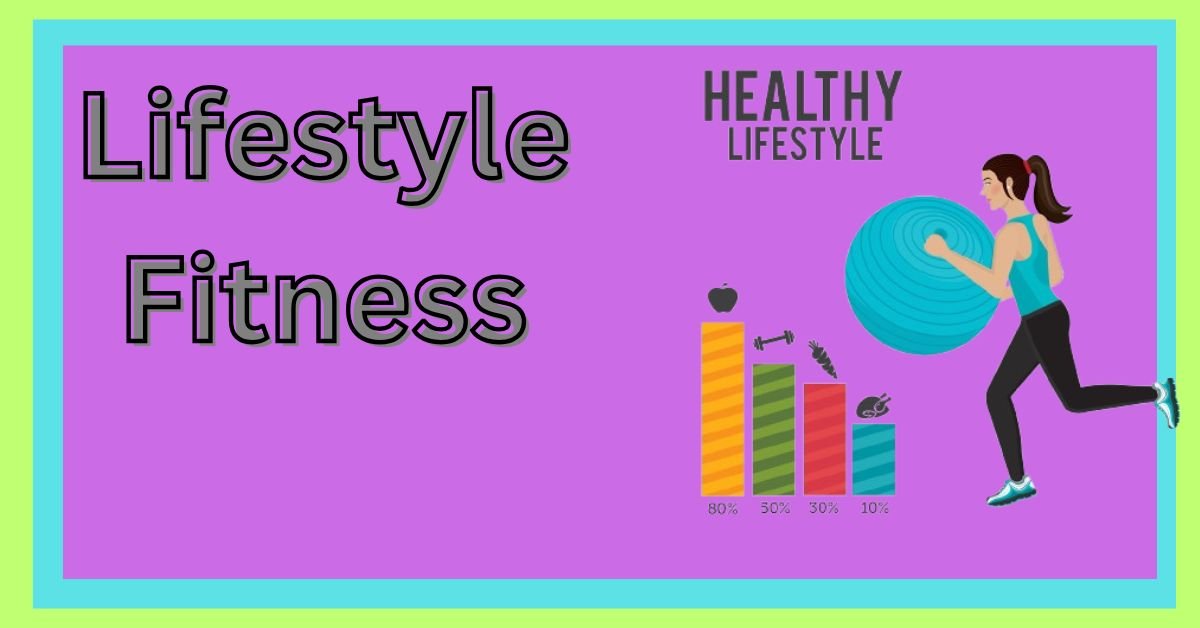Embrace Lifestyle Fitness a holistic approach to long-term health. This complete guide explores how integrating consistent movement, mindful nutrition, emotional wellness, and modern tech into your daily habits leads to real, lasting fitness. Whether you’re a beginner or a busy professional, discover practical ways to maintain energy, reduce stress, lose weight, and stay motivated. Learn how Lifestyle Fitness promotes balance over burnout and well-being over quick fixes. Transform your life through healthy routines you can stick with, every day. Your personal wellness journey starts now with lifestyle fitness as your guide.
Introduction
In an age of convenience and sedentary work culture, fitness has evolved from an optional luxury into an essential lifestyle component. But not everyone has the time or money for intense gym sessions or diet fads. Enter Lifestyle Fitness a sustainable, adaptable, and natural way to stay fit without sacrificing your schedule, social life, or sanity.
Unlike conventional fitness plans that require extreme discipline, Lifestyle Fitness fits seamlessly into your daily routine. It’s about making conscious decisions: walking instead of driving, choosing whole foods over processed snacks, and dedicating just 20 minutes a day to mindful movement. This approach focuses on well-being, consistency, and long-term change. Whether your goal is weight loss, muscle tone, mental clarity, or just feeling better in your body, lifestyle fitness helps you achieve it without burnout.
What is Lifestyle Fitness

Lifestyle Fitness is a comprehensive health philosophy that integrates physical activity, balanced nutrition, emotional wellness, and sleep hygiene into your everyday life. It’s not about pushing yourself to extremes it’s about building habits that support your health in the long run.
Core Pillars of Lifestyle Fitness
- Movement Throughout the Day: From walking breaks to quick stretches at your desk
- Healthy Eating Patterns: Nutrient-dense meals rather than restrictive dieting
- Mental Resilience: Managing stress, prioritizing sleep, and practicing mindfulness
- Consistency over Perfection: Small, regular efforts outperform occasional intensity
Instead of focusing solely on outcomes like weight loss or muscle gain, lifestyle fitness promotes a holistic transformation mentally, emotionally, and physically.
Benefits of Adopting a Lifestyle Fitness Approach

Choosing Lifestyle Fitness over rigid training systems brings benefits that go far beyond aesthetics.
Sustainable Weight Control
Lifestyle fitness encourages calorie burn through daily activity and better food choices resulting in natural fat loss and easier maintenance of a healthy body weight.
Enhanced Mental Health
Movement reduces cortisol and increases endorphins, lowering anxiety and improving mood. Mindfulness, a key component of lifestyle fitness, also enhances mental clarity and emotional control.
Lower Risk of Chronic Diseases
By reducing sedentary behavior and improving diet quality, lifestyle fitness minimizes your risk of conditions like:
- Heart disease
- Diabetes
- Obesity
- Hypertension
Improved Immune System
Daily activity, clean eating, and adequate sleep collectively strengthen your immune response, helping you ward off infections and recover faster.
Better Work-Life Balance
Instead of reserving “fitness” for isolated gym time, lifestyle fitness teaches you to integrate wellness into your life, making it more attainable and less stressful.
Key Components of Lifestyle Fitness

Physical Activity
You don’t need to spend hours in a gym. Activities like brisk walking, dancing, swimming, or gardening contribute significantly to your fitness goals.
Tip: Aim for 150 minutes of moderate-intensity activity per week.
Nutrition
Fuel your body with whole foods like:
- Fresh fruits and vegetables
- Lean proteins
- Whole grains
- Healthy fats
Avoid processed sugars, trans fats, and high-sodium items. Hydration is key drink at least 8 glasses of water daily.
Sleep and Recovery
A well-rested body repairs better and performs better. Adults need 7–9 hours of quality sleep for optimal functioning.
Mental Wellness
Practices like journaling, meditation, deep breathing, and gratitude exercises promote emotional fitness. Stress management plays a huge role in hormonal balance and mental energy.
Habit Formation
The secret to lifestyle fitness lies in small, repeatable actions. Research shows it takes 21 to 66 days to form a habit. Be patient with yourself.
Lifestyle Fitness for Busy People
Time is a major barrier for most people trying to stay fit. But Lifestyle Fitness proves you don’t need extra hours just smarter routines.
Here’s how:
- Deskercise during work breaks
- Walk while making phone calls
- Do squats while brushing your teeth
- Meal prep on Sundays to eat clean all week
- Replace binge-watching with 10-minute yoga before bed
These micro-changes accumulate into massive results over time.
How to Transition Into a Lifestyle Fitness Routine
Step 1: Self-Audit
Track your current habits how often you move, what you eat, how you feel. Identify your energy peaks and stress triggers.
Step 2: Set SMART Goals
Use Specific, Measurable, Achievable, Relevant, and Time-bound goals like:
“Walk 5,000 steps daily for the next 3 weeks.”
Step 3: Stack Habits
Tie new habits to existing ones. For example:
- After I brew my coffee, I’ll do 10 jumping jacks
- After dinner, I’ll walk around the block
Step 4: Track Progress
Use apps like Fitbit, Google Fit, or MyFitnessPal to monitor movement, meals, and mood.
Step 5: Celebrate Small Wins
Acknowledging your efforts boosts motivation. Reward yourself with a massage, new workout gear, or a nature trip.
How Technology Supports Lifestyle Fitness
In today’s world, fitness is at your fingertips. Here’s how tech helps you stay on track:
- Wearables: Track heart rate, steps, calories burned
- Apps: Provide guided workouts, meal plans, sleep trackers
- Virtual Communities: Join Facebook or Reddit groups for accountability
- Reminders: Set alerts to drink water, stretch, or meditate
Technology makes Lifestyle Fitness accessible, trackable, and fun.
Lifestyle Fitness Success Stories
Many individuals around the world are transforming their lives with lifestyle fitness.
- Ayesha, 35: Lost 20 pounds by swapping elevators for stairs and ditching soda.
- Michael, 42: Reduced blood pressure through 20-minute daily walks and mindfulness.
- Sarah, 28: Managed anxiety with yoga and better sleep hygiene.
These stories show that consistent, simple choices yield big results.
Lifestyle Fitness vs. Traditional Fitness
| Aspect | Lifestyle Fitness | Traditional Fitness |
|---|---|---|
| Flexibility | High – adapts to daily life | Low – requires fixed time |
| Accessibility | Anyone, anywhere | Often needs equipment/gym |
| Long-Term Sustainability | Very high | Varies, prone to burnout |
| Mental Health Focus | Integrated mindfulness | Often overlooked |
| Goal Orientation | Holistic well-being | Appearance/performance |
This comparison illustrates why Lifestyle Fitness is becoming the preferred fitness model for modern lifestyles.
FAQs
Is Lifestyle Fitness as effective as going to the gym?
Yes. While gym workouts offer structure, lifestyle fitness ensures consistency and sustainability. Long-term health benefits often come from daily movement, not high-intensity bursts.
Can I lose weight with Lifestyle Fitness alone?
Absolutely. When paired with clean eating and regular physical activity even walking or cycling lifestyle fitness supports natural and consistent weight loss.
Do I need special equipment to start lifestyle fitness?
No. Most of the changes involve body-weight movements, daily walks, better food, and mindfulness. You can start right where you are with what you have.
How does Lifestyle Fitness impact mental health?
It improves mood, reduces anxiety, and boosts focus. Movement releases dopamine and serotonin, while practices like yoga and meditation lower stress.
How long before I see results?
Most people notice improved energy and mood within 1–2 weeks. Physical changes typically become visible within 4–8 weeks of consistent effort.
Conclusion
Lifestyle Fitness isn’t about working harder it’s about living smarter. Instead of chasing perfection in the gym, focus on consistency in your daily actions. Whether it’s eating a colorful meal, doing 15-minute stretches, or practicing gratitude, each action builds your wellness reservoir.
This approach proves that fitness isn’t a destination it’s a journey built one small step at a time. By making mindful choices every day, you’re not only changing your body you’re transforming your entire life.
Also Read
he Ultimate Guide to Lifestyle Photography: Capturing Real Moments Naturally
The Gen Z Lifestyle: Redefining Identity, Expression, and Purpose in a Digital Age
















Leave a Reply